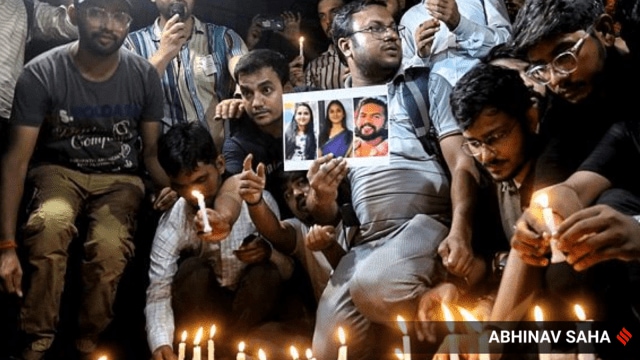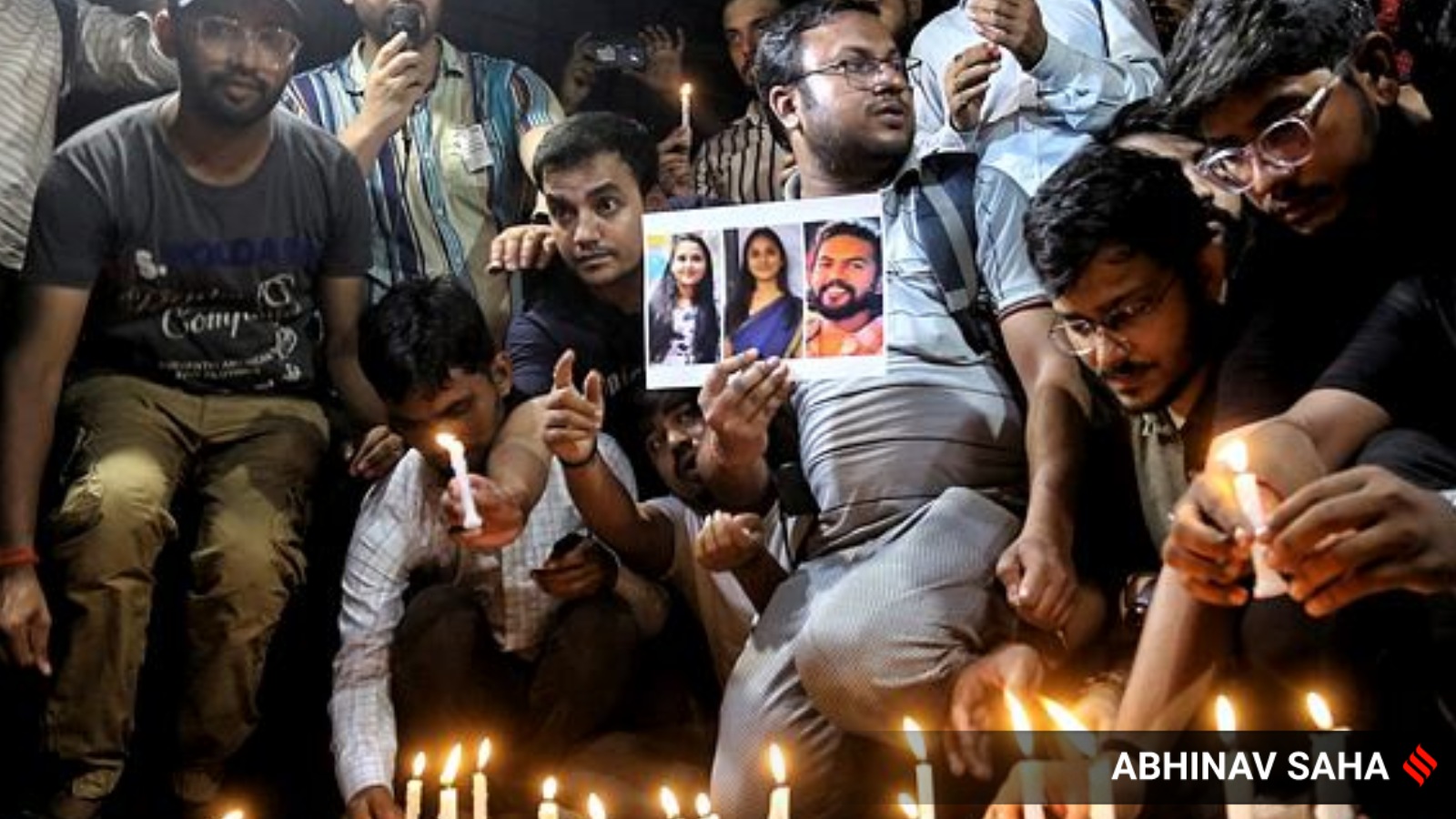
Finally, the Supreme Court had to intervene and remind us that coaching centres in India are becoming like “death chambers”. This is not surprising. If you keep your eyes open, you can see the way the coaching industry has been allowed to colonise the domain of education, cripple the imagination of young students and their parents, and make them pathetically dependent on almost every rite of passage: From standardised tests like NEET/ JEE/ NET/ CUET to UPSC civil services exams. Moreover, the neurotic rat race for select careers and job opportunities, and the mythologies of “success” these coaching centres sell through the brand value of their “star” strategists, or well-packaged “success manuals” accelerate the growth of this lucrative business.
However, it is impossible not to notice the inevitable consequences of this pathology — the tales of broken dreams, the innumerable narratives of “failure” amid a handful of much-advertised “success stories”. Indeed, as our youngsters are compelled to run after some sort of mythical success, they find themselves mentally exhausted and aesthetically/spiritually impoverished. And this societal neurosis manifests itself in the growing suicide rate and/or psychic depression among young students.
The real question is: How can we save our young students from these “death chambers”? It is an exceedingly difficult task because over the years we have created a generation that confuses education with what the coaching centres popularise — learning the war strategy for “cracking” the MCQ-centric standardised tests. What matters, as this generation and their ambitious/anxiety-ridden parents think, is the “technique” of instant “success” rather than the joy of learning and understanding the world through the creative interplay of brain and heart, science and poetry, theory and practice, or technology and philosophy. Yet, these difficulties notwithstanding, some of us who still believe in the efficacy of libertarian education must come forward, raise our voices, and initiate a movement for saving education from the coaching industry, or these “death chambers”. In this context, let me suggest three steps we need to take urgently.
First, let us assert the forgotten truth: The real goal of education is not to prepare our children for tests and exams; instead, the purpose of education is to prepare our children for life or to equip them with the kind of sensitivity and intelligence they need to prioritise love over hatred, peace over war, or for that matter, cooperation over hyper-competitiveness. A world tormented by xenophobic nationalism, climate emergencies and market fundamentalism needs the healing touch of libertarian education.
Sadly, the prevalent practice of instrumental education, and the resultant quantification of “merit”, “intelligence” and “success” through the never-ending and hugely problematic standardised tests are causing acute aggression and psychic nervousness among the youth. As coaching centres further strengthen this destructive urge, it is high time we began to converse with the likes of Rabindranath Tagore and Jiddu Krishnamurti, or Paulo Freire and bell hooks, and initiate a movement for saving education from this demonic industry and associated social Darwinism.
Second, it is important to urge students and parents to sharpen their critical thinking, expand their mental/political horizons, and raise their voices against the organised assault on meaningful and life-affirming education. Why is it that our government schools and public universities have been systematically destroyed? And why is it that even the children of primary schools have to be sent to tutorial homes and coaching centres to learn elementary mathematics and English grammar? Or, for that matter, why is it that our university graduates need coaching centres for sharpening their knowledge of general studies, or, for that matter, history and sociology for civil services exams?
Possibly, this sort of pathetic dependence on coaching centres indicates the fall of schools and universities as sites of rigorous learning or creative and critical thinking. It is, therefore, important to initiate a movement for generating an awareness of this onslaught on education. We must pressurise the state to take public education seriously.
Third, we ought to restore the deeper meaning of studentship. A student is not an “exam warrior”. A student is not a resource to be shaped and modulated for the neoliberal techno-economic empire; nor is she/he a commodity with a price tag. Instead, let some of us acquire the courage to say that the meaning of being a student is to be a life-long wanderer or a seeker. Studentship is about learning and unlearning; it is about asking critical questions, and striving for a new world filled with love and compassion.
Are we ready for this movement to save education from the gigantic growth of “death chambers”?
Pathak writes on culture and education



